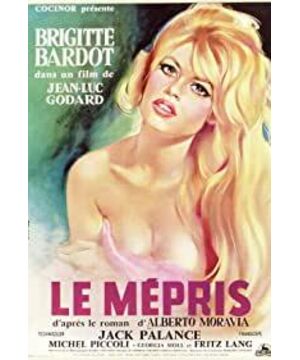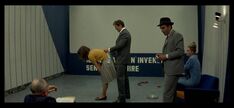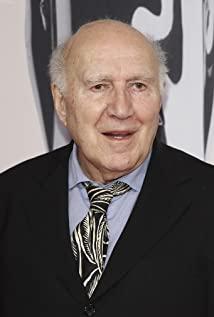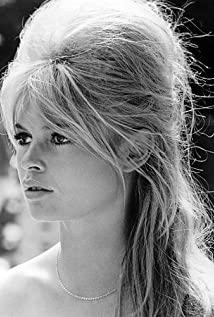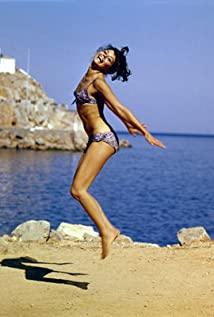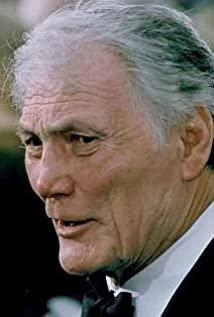This movie is about movies again, and what drives the movie is the desire for a story, just as Bazin is quoted at the beginning of the movie: Movies are the projection of our desires. Cinema is our mirror, seducing the act of viewing and the exchange of desires. Godard turns the camera around, and the audience becomes the one being watched. This shot terrifies me, because it seems to provide an explanation of the origin of the medium—the film installation was widely used in surveillance at the beginning of its birth. .
The film is at the same time a film about myth and a myth of film. So is Godard's theology: Man created God, not God created man, just as playwrights decided the fate of Ulysses. God loves the world, but in fact we love ourselves, and God’s absence just allows this kind of self-love. So God, like a movie, is also a projection of ourselves. When the story of The Odyssey and the script about The Odyssey gradually began to mirror the love triangle in the film, the story of Homer's time was no longer in the distant and stable objectivity, but was placed in the real The endless quarrels about marriage, love, and career have become a metaphor for modern life. Did Ulysses return home after wandering, or did he leave the house to escape his wife? The ambiguity of the same action is also one of the New Wave's favorite word games.
So the film is still a film about texts, translations between English, French, German, and Godard seems to have brought Derrida's concept of différance directly to the screen. There is always a time difference in translation, and there is always a difference, so emotions and words are always different. When we speak, we are no longer in the passion that preceded the speech, we are always lying. If words only create more estrangement, how should we get along with others? We share the same space, the same door, even the same body, but we are still so far from each other.
View more about Contempt reviews


